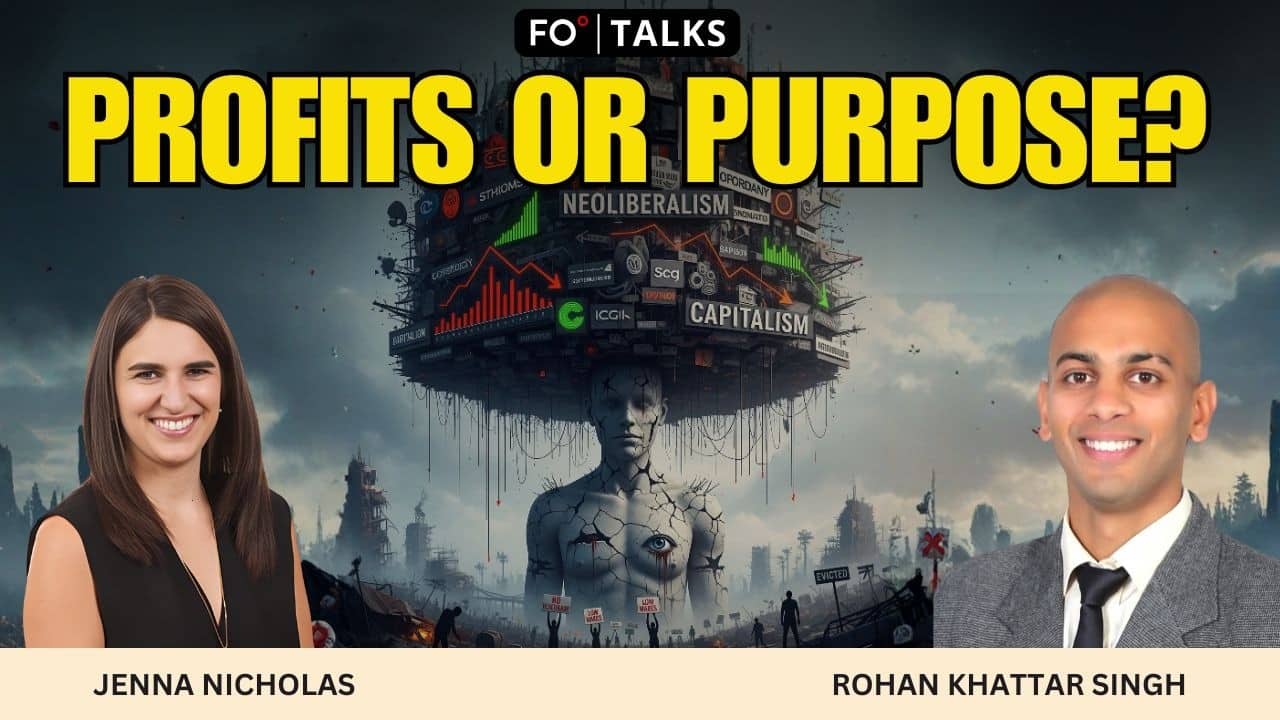For the last few years, Latin America seemed to have lost preeminence in the world. COVID-19 and the Russian invasion of Ukraine had put this hemispheric region in the shadows. Lately, in the words of Bob Dylan, “The Times They Are A-Changin'" and Latin America is back in focus. A historic election in Colombia has led to a victory for Gustavo Petro.
The new leader of Colombia was once a member of M-19, leftwing guerrilla group. Petro has promised to change the social and political landscape of the country. Petro’s victory is part of a broader trend. Chile voted for a new leftwing president earlier this year. A constitutional convention has been discussing a new constitution to replace the one imposed by military dictator General Augusto Pinochet in 1980. In the rest of Latin America, a new pink tide has seen a number of leftwing governments elected to power. In September, Brazil, the biggest country in the region, is likely to reelect the former president Luiz Inácio Lula da Silva. The former trade union leader Lula's convictions for corruption have been overruled and he could be president again. Clearly, the times are a-changin’.
Our panel will examine what that change really means. What does the election of Petro and other leftwing leaders mean for Latin America and the world? Why is the pink tide back? Has the left learned from its previous excesses and electoral defeats.
Speakers: 1. Leonardo Vivas, Professor at Emerson College
2. Maria Isabel Puerta, Professor at Valencia College
3. Christoph Sponsel, PhD student at Oxford University
4. Glenn Ojeda, Latin America analyst
Fair Observer is an independent nonprofit media organization that has published more than 2,500 voices from over 90 countries, including statesmen, retired military officers, former diplomats and leading professors, along with some of the brightest young public intellectuals from around the world.








































Comment